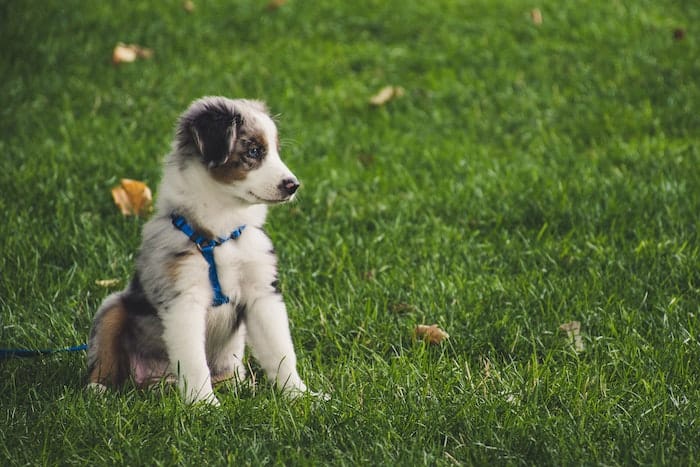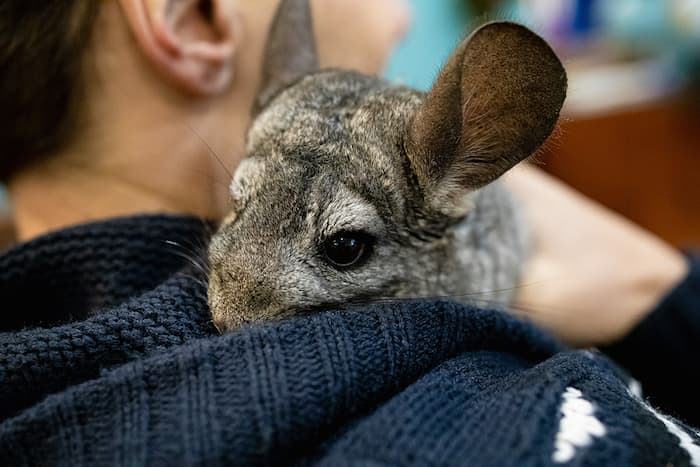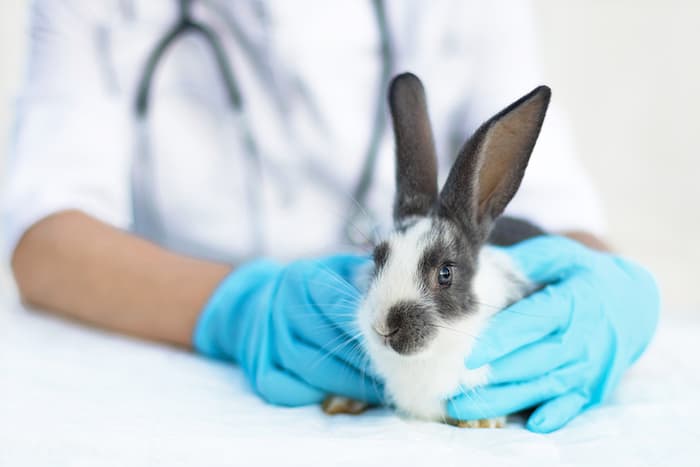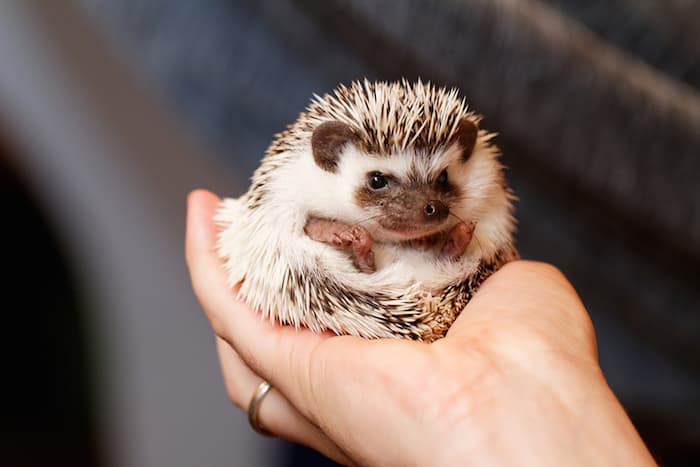Embracing a pet into your life is a rewarding experience, brimming with moments of joy, companionship, and mutual respect. Whether it’s the soft purring of a cat, the energetic tail wag of a dog, or the gentle rustling of a chinchilla exploring its habitat, each pet introduces a unique kind of magic to everyone’s lives.
However, with the delightful moments also comes a pivotal responsibility: understanding and catering to their individual needs. From your common household friends to the more exotic roommates, each pet has its distinct set of care requirements that ensures their happiness and health. In this article, you’ll get insights on ensuring the well-being and happiness of various pets.

Understanding Basic Needs
All pets, including chinchillas, have basic needs. They need food, water, shelter, and love. It sounds simple, doesn’t it? Yet, each type of pet has specific requirements.
For example, dogs need regular exercise and a balanced diet. On the contrary, cats can be more independent but still require toys for mental stimulation.
Fish need clean water and a tank free from harmful substances. Chinchillas, which are native to the Andes Mountains, thrive in cooler temperatures and have dense fur that requires meticulous grooming. They also need spacious cages because of their active nature.
It’s crucial to research and understand what your pet needs, and then provide for them accordingly.

Training And Socialization
Building strong bonds with your pet is more than just feeding and cleaning; it’s about ensuring they can navigate their environment confidently. Dogs thrive on consistency, while cats can be both independent and playful. Conversely, chinchillas may need gentle handling and a slow introduction to household noises and environments to feel safe.
Nutrition Matters
Proper nutrition is as essential as providing your pets with a safe haven. It’s more than just giving food – it’s about offering the right kind of nourishment tailored to their specific needs. Each animal, like humans, has its own dietary preferences and requirements.
- Specific Nutrients: Every species has its dietary particulars. Dogs need a balance of proteins, fats, and carbohydrates. Cats, being obligate carnivores, demand a higher protein intake from meat. Chinchillas primarily feast on hay and pellets. However, avoid sugary treats as they can harm their sensitive digestion.
- Age And Life Stage: Young animals often have different nutritional demands than mature ones. As pets age, their diets might need adjustments to fit their changing metabolism and health.
While commercial pet foods typically provide balanced nutrition, always read labels. If in doubt, consult a veterinarian or pet nutrition expert to ensure optimal feeding.
Regular Check-Ups
It’s easy to think your pet’s fine, especially if they seem happy. But regular vet check-ups are crucial. These visits monitor their physical well-being, track developmental milestones, and catch potential issues before they escalate.
As pets get older, they might become more prone to certain diseases. Routine check-ups help in early detection and timely treatment, ensuring vaccinations are up to date and potential issues are addressed promptly.

Hygiene And Cleanliness
Maintaining hygiene is paramount to both the comfort and health of your pet. It’s more than just aesthetics—each grooming act directly impacts their wellness.
- Regular Grooming: Dogs and cats, for instance, benefit from regular brushing, which not only neatens their fur but also reveals ticks, fleas, or skin anomalies. Chinchillas, on the other hand, require dust baths to help them maintain fur health and offer a playful break from their routine.
- Oral Care: Dental health matters, too. From dental chews to specialized diets, these preventive measures can stave off potential oral complications.
- Clean Living Spaces: Whether a cage, tank, or litter box, be sure they’re free from bacterial build-up and unpleasant odors. A clean environment is a foundation for a pet’s health.
A clean pet is indeed a content pet. Prioritizing their cleanliness contributes to both their appearance and well-being.
Entertainment And Exercise
Your pets can get bored. And a bored pet can become destructive or even depressed. Provide them with toys and activities that cater to their natural instincts and behaviors.
For instance, dogs might love fetching games, while cats could be engrossed with laser pointers or feather toys. Regarding chinchillas, wooden toys or pumice stones are essential, serving as entertainment and a tool for dental health.
Mental engagement is equally as vital as physical activity. The aim is to keep them both mentally stimulated and physically active for a contented, healthy life.

Preparing For Emergencies
Unforeseen incidents don’t wait for an invitation. Stay prepared with an emergency kit tailored to your pet’s needs. Essential components of your disaster preparedness strategy might include:
- Basic first-aid items, such as bandages, antiseptic wipes, tweezers
- A few days’ worth of medications (if your pet is on any)
- Emergency contact numbers, notably your vet’s
- A compact guidebook on pet first-aid
- Copies of your pet’s medical records or special care instructions
Additionally, consider investing in pet insurance, so your pet receives immediate care without worrying about unexpected expenses.
To Wrap Things Up
Owning a pet is immensely gratifying but comes with significant responsibility. By understanding their unique needs, especially for pets like chinchillas with special care requirements, you pave the way to a fulfilling life for them. Strive to make their existence as joy-filled as the happiness they bring into your life.
